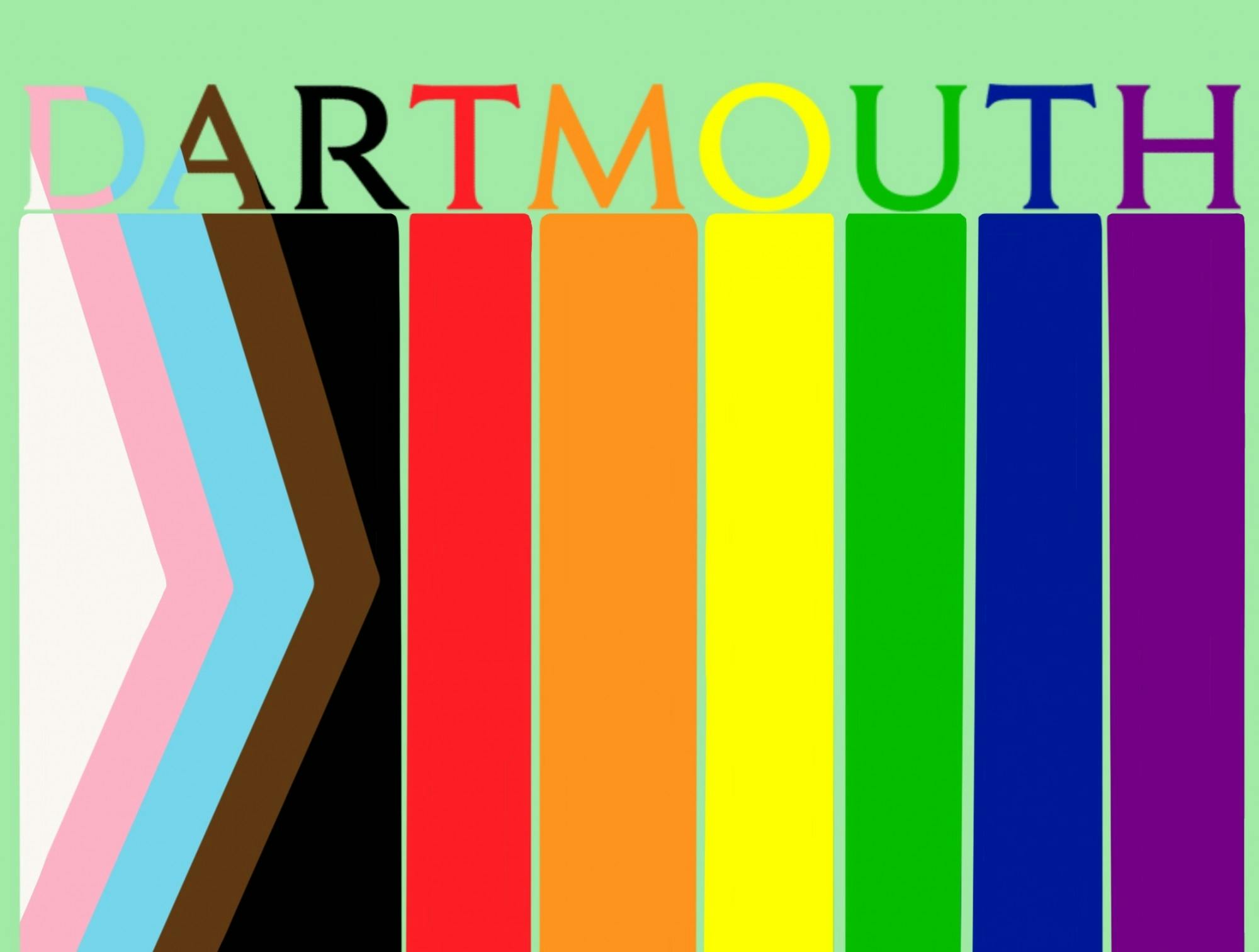Growing up in New York City meant that Pride was an expected celebration in June. I remember walking my six-year-old sister to the playground, her eyes level with all sorts of skirts and tutus as New Yorkers packed the streets to celebrate. Parade floats, cheering, and bars and restaurants seeming to pour people out onto the streets — all these sights characterize the weekend surrounding the celebration of Pride Month. The Pride March originated in New York in 1970, the year after the Stonewall riots. The June 1969 riots were a series of spontaneous demonstrations by members of the gay community in response to police raids and arrests that had been threatening queer spaces.
Nowadays, Pride is celebrated by corporations and institutions alike, seeming to signal a broader societal shift. The United States appears to have made great progress in inclusivity for those in the LGBTQ+ community in the last fifty years. The legalization of same-sex marriage, increasing awareness of non-heterosexual relationships and the rising consciousness of pronouns all seem to indicate that there is an acceptance of LGBTQ+ people in most circles, especially in liberal spaces.
As Dartmouth unrolls a rainbow banner on Collis patio, logos of familiar companies — AT&T, Mercedes-Benz, Nestlé — turn rainbow in unison when the calendar marks June 1. Corporations have come to hold personalities in American culture — their familiar ads and jingles living in our cultural imagination — and their influence over our culture does not stop with Pride.
The Capital One bank that I frequent has been redecorated in rainbow to honor Pride, so my trip to the ATM is much more colorful in June. The radical difference between the generation of corporations we see today and the ones of the past century is their ability to reach into the folds of our sociocultural lives. Rather than being faceless entities, they are in our Facebook comments and Twitter replies, creating their own visions for celebrations of difference. Even our legal structure gestures toward corporations as people, which may contribute to the notion that corporations have personalities and political views. Though the premise of corporate support for Pride is potentially liberating, there are hidden assumptions that flatten the meaning of Pride. The consumers that the corporations tend to target during Pride are urban, middle to upper class, white consumers with enough purchasing power to afford what companies are selling.
That corporations are so quick to commodify the lives of those who celebrate Pride Month is interesting given the relative lack of support for the LGBTQ+ community outside of rainbow-themed decor. In past years, sponsors for Pride parades have come under fire for using their sponsorship as a statement of their support for the LGBTQ+ community without putting their money where their mouth is. For example, pharmaceutical giant Gilead makes a preventative drug that reduces the risk of contracting HIV; still, the people that the medication would best help often cannot afford it, even with assistance. So, when Gilead sponsors a Pride float, many LGBTQ+ people who cannot afford the medicine raise an eyebrow. In less insidious ways, corporate displays of pride often miss the mark. Think back to Chipotle’s uncomfortable attempt at humor during Pride in 2015 — in which they tweeted a picture of a rainbow burrito with the caption “¿hómo estás?”
This year, furniture retailer IKEA launched a line of Pride couches in different styles inspired by different sexualities. Twitter was ablaze with mixed reactions. Some people commented on their favorite designs, while others criticized the campaign. What’s fascinating about the campaign is that the couches themselves aren’t even being sold. Instead, IKEA is marketing the stories of the designers who designed each couch, designers whose gender identity or sexual orientation align with that of the couch. The couch campaign seems to be vaguely about raising awareness of experiencing Pride through non-normative forms of gender expression or sexual orientation. The general corporate support for Pride follows this pattern: not actually changing any of the usual operations of the company nor its business model, but presenting their Prideful side as a draw for consumers. The reputation and virtue of the corporation itself are what is sold in this package.
While it may seem benign for corporations to have empty signalling, the messaging around Pride is particularly heinous in that it is incorporated to capitalize on the purchasing power of queer people without changing the material conditions of their lives. When Pride becomes merely Uber turning its routes rainbow or the pride hashtag symbol changing color on Twitter, the radical origins of the celebrations are lost. Remeber that the initial Pride celebrations grew out of a riot against the police raids and homophobic violence of the late twentieth century.
Pride is not about buying t-shirts, stickers or even the origin stories of incredible designers on IKEA’s website. Pride has never been about buying and selling, because the business of buying and selling identities is an imposition of capitalism’s relentless drive toward monetization. Our social lives can exist outside of material goods, and while clothing is an important way to express ourselves, the idea that our clothing speaks for us — and should be signalling our identity constantly — is one that keeps us financially invested in the latest trends and fast fashion.
Pride is not about signalling allyship or commitment by purchasing articles of sweatshop-created tees. Pride is not about rainbow app logos or redecorating the lobby art of big banks. The idea that Pride is about signalling and selling sidesteps the dark history of homophobic oppression. As soon as Pride becomes corporate, the radical potential of Pride celebration is lost.




